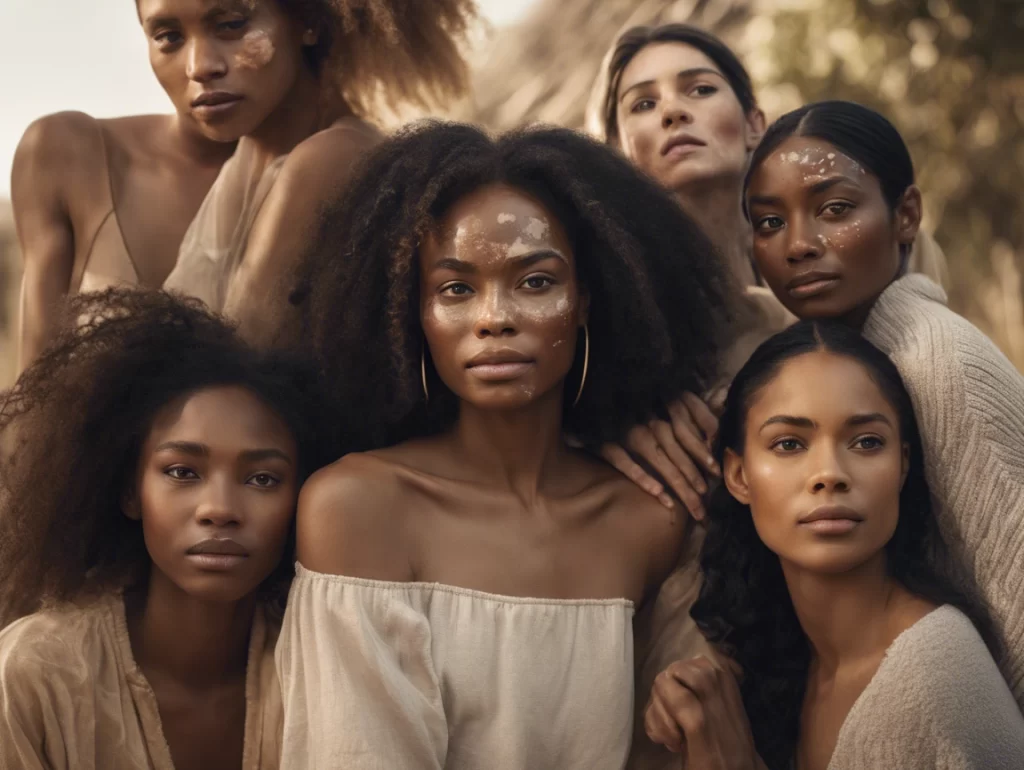Introduction
The Mona Lisa, painted by Leonardo da Vinci, is one of the most recognized and enigmatic artworks in history. Among the many mysteries surrounding this masterpiece, one peculiar detail stands out: the Mona Lisa has no eyebrows! Many people have wondered if this was intentional or an oversight. In this post, we’ll explore the reasons behind this unique feature and what it reveals about fashion trends during the Renaissance.
Why Doesn’t the Mona Lisa Have Eyebrows?
- Renaissance Beauty Standards
In the Renaissance period, it was fashionable for women to have high, rounded foreheads. To achieve this look, women would often shave or pluck their eyebrows and hairlines. The absence of eyebrows on the Mona Lisa is believed to reflect this beauty standard, as da Vinci may have painted her to represent the idealized fashion of the time. - Da Vinci’s Attention to Detail
Leonardo da Vinci was known for his meticulous attention to detail, and it’s unlikely he would have simply forgotten to paint eyebrows. Instead, many art historians believe that da Vinci deliberately left out the eyebrows to keep with the fashion trends of the era. This decision would have made the Mona Lisa appear more refined and elegant to viewers of his time. - Wear and Tear Over Time
Another theory suggests that the Mona Lisa may have originally had faint eyebrows or lashes that faded over time. Paintings from this period were made with delicate materials that could erode or fade, especially if the painting was cleaned or retouched over the centuries.
The Mona Lisa’s Impact on Art and Fashion
The Mona Lisa’s mysterious expression and distinct appearance have made her an enduring icon in the art world. Her lack of eyebrows is not only a reflection of Renaissance aesthetics but also a symbol of the shifting beauty standards throughout history. Leonardo’s decision to paint her in this way highlights how art often reflects the cultural and social ideals of the time.
Why This Detail Matters
While the absence of eyebrows may seem like a small detail, it adds to the intrigue surrounding the Mona Lisa. This painting reminds us that art is not just about what we see but also about the societal context in which it was created. Understanding the fashion trends of the Renaissance era helps us appreciate the Mona Lisa and her unique beauty even more.
Conclusion
The Mona Lisa’s missing eyebrows offer a glimpse into the fashion and culture of the Renaissance. Whether they were intentionally left out to reflect beauty standards or faded over time, this detail contributes to the painting’s mystery and timeless allure. Next time you look at the Mona Lisa, remember that every aspect of her appearance tells a story about the past.


